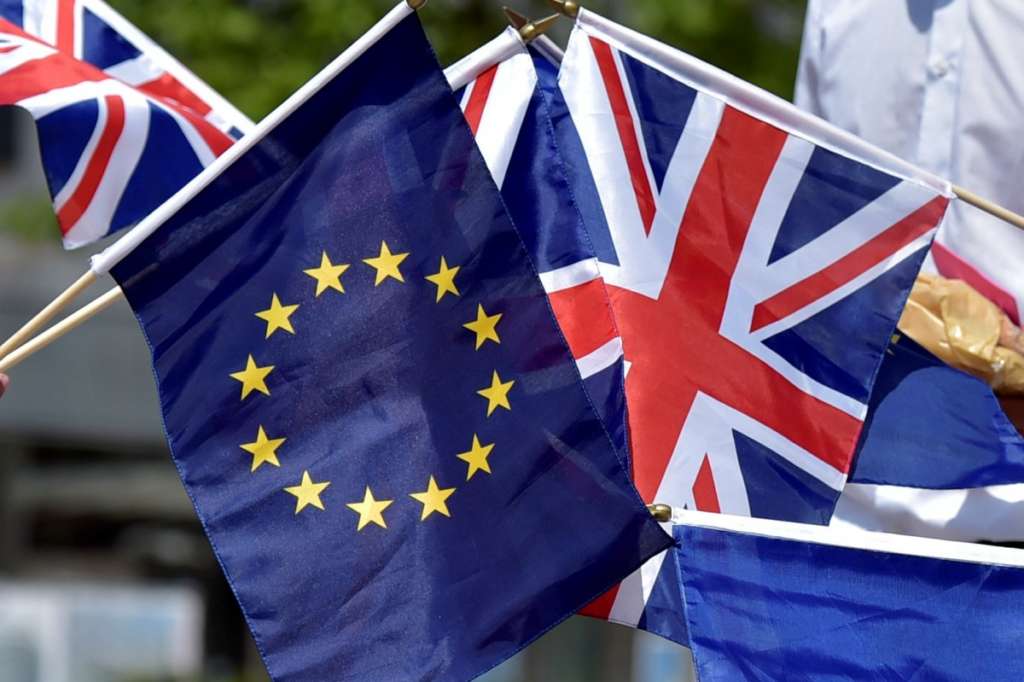London- 2016 was dominated by three major headlines: worsening of the Syrian war, Britain’s separation from the European Union (EU), and the election of Donald Trump for the U.S. presidency.
The Syria war continued. Donald Trump won after months of electoral battles. Brexit, however, was shocking and unexpected news. And in spite that the Brexit campaign launched by London’s former Governor and current Foreign Minister Borris Johnson attracted supporters in many regions, all indices showed that people who insisted on maintaining their country’s membership in the EU were much more. However, on June 23, balloting boxes disappointed the EU-membership’s supporters and proved that the most accurate surveys mis-forecasted the results.
End of Cameron’s journey
The referendum idea first emerged with the ascension of the right-winged UK Independence Party (UKIP) which opposed the European Union’s concept in 2014, months before the British parliamentary elections.
In 2015, the Conservative Leader David Cameron brought his party a remarkable success by bagging the majority of seats, giving up on The Liberal Democrats, his ally. Yet, political pressures persisted on Cameron to fulfill his electoral promises including the organization of a referendum to determine the future of Britain’s membership in the EU. With this promise, David Cameron was the British Prime Minister who led his country’s separation from the EU and ended his journey as a Prime Minister.
On June 23, more than 17 million Britons voted for the separation of their country from the EU and caused a landslide in the Old Continent and the world. Britain, which joined the European Union in 1973, was the first to leave after 51.9% of Britons voted for this separation. The referendum’s results caused a black Friday; the international financial markets lost USD3 trillion. The Sterling Pound also dropped remarkably and the Central Bank in Britain said it is ready to pump GBP250 billion in markets to secure the provision of liquidity.
These developments pushed Cameron to resign asserting that the Brexit process will be led by another Prime minister. In fact, the referendum results reflected a sharp division in the United Kingdom as London, Scotland, and North Ireland voted for maintaining the membership of EU, while the regions of North England and Wales voted for separation. With the Scottish support for the EU membership, the province’s First Minister Nicola Sturgeon said that another referendum plan is being discussed to separate Scotland from the United Kingdom.
Panic in Europe, calm in London
The referendum’s results caused panic in Europe and raised concerns from the Union’s collapse. German Chancellor Angel Merkel considered the Brexit choice a hit that targeted Europe and its unity mechanism, while French Minister Francois Hollande saw that the Britons voting for separation exposes Europe to a dangerous test.
Hours after the referendum, Mayor of London Sadiq Khan addressed a message to the European residents of London to say that Britain’s Brexit will never affect them. On his official page on Facebook, Khan wrote: ““There are nearly one million European citizens living in London … and they bring huge benefits to our city – working hard, paying taxes… in our public services and contributing to our civic and cultural life.” In return, the Former UKIP leader Nigel Farage announced the independence of Britain before the appearance of results and called to consider the 23th of June a national holiday to celebrate the country’s independence. Farage asserted that the result is a victory for honest Britons and called for the swift composition of a government that reflects the Brexit camp’s ambitions.
Future of Europe
In their first meeting without Britain, EU leaders stressed the importance of accelerating reforms in the field of migration and economic integration. Merkel said that the Union lives a critical phase and said that actions are needed for improvement.
New Scottish referendum
British Interior Minister Theresa May has succeeded Cameron. Conservatives considered that May will be a consensual candidate and will know how to cope with Brexit.
However, Scotland’s First Minister Nicola Sturgeon announced that her country aims at maintaining its membership in the EU market. Sturgeon said that the majority of Scottish people didn’t voted for Brexit, which is expected to be expensive for Scotland as it will cost it the loss of 80,000 jobs.
